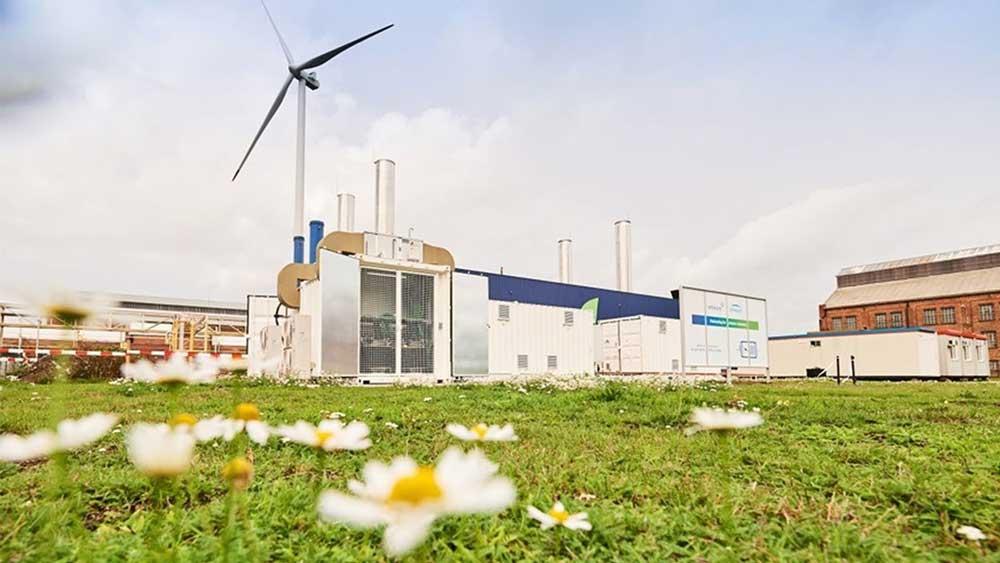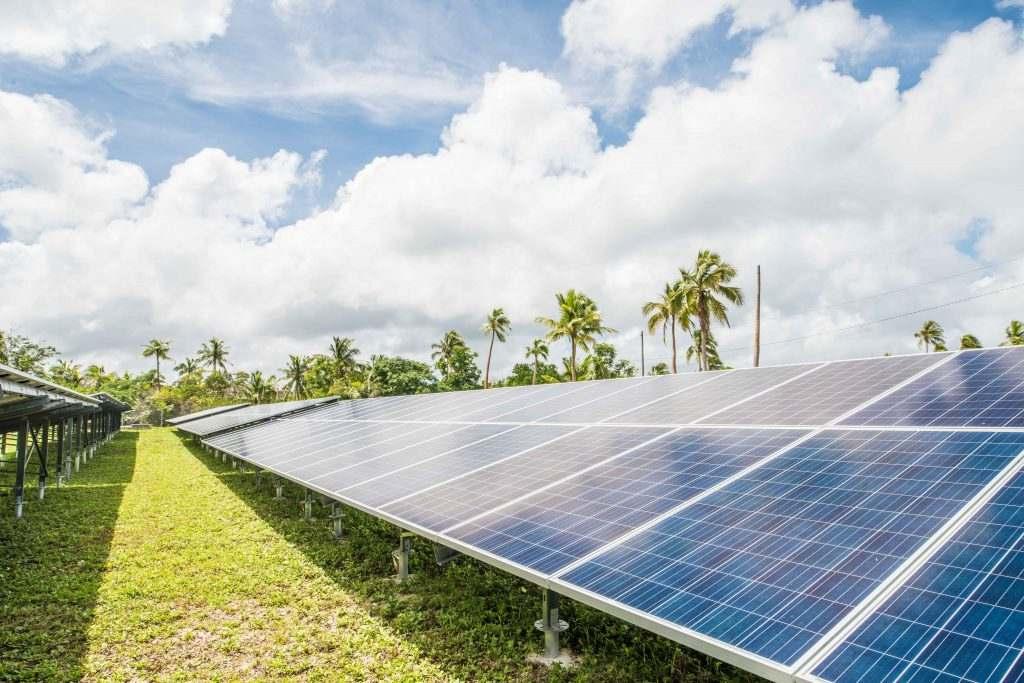
Discover all the chapters of our feature on Research and Innovation
Renewable energy can only become mainstream if we can find efficient ways to store it for use on days when the wind does not blow and the sun does not shine. Storage is also used for much shorter periods to balance the uneven energy generated by natural sources – a cloud passing by, or the wind changing speed or direction. Experts call this “intermittency”. Storage solutions can thus increase the quality and reliability of electricity for every day and critical uses, and as storage becomes cheaper, it becomes more profitable to use renewable energy.
New renewable energy storage technologies
Researchers in the ENGIE “Energy Storage” lab focus on technologies and solutions to make energy storage competitive, eco-friendly and adapted to large industries. We are always on the lookout for new technologies that are both practical and profitable. For several years our focus has been on lithium-ion (Li-ion) batteries and their application to ENGIE and its customers’ use cases. Our work has allowed us to understand the electrochemical functioning of this technology family and its multiple variations, their limitations, ageing mechanisms, their fire and explosion risks. Through this understanding we can provide guidelines to select the best Li-ion battery for each use case and operate the batteries for storage applications, thereby contributing to the success of commercial projects.


